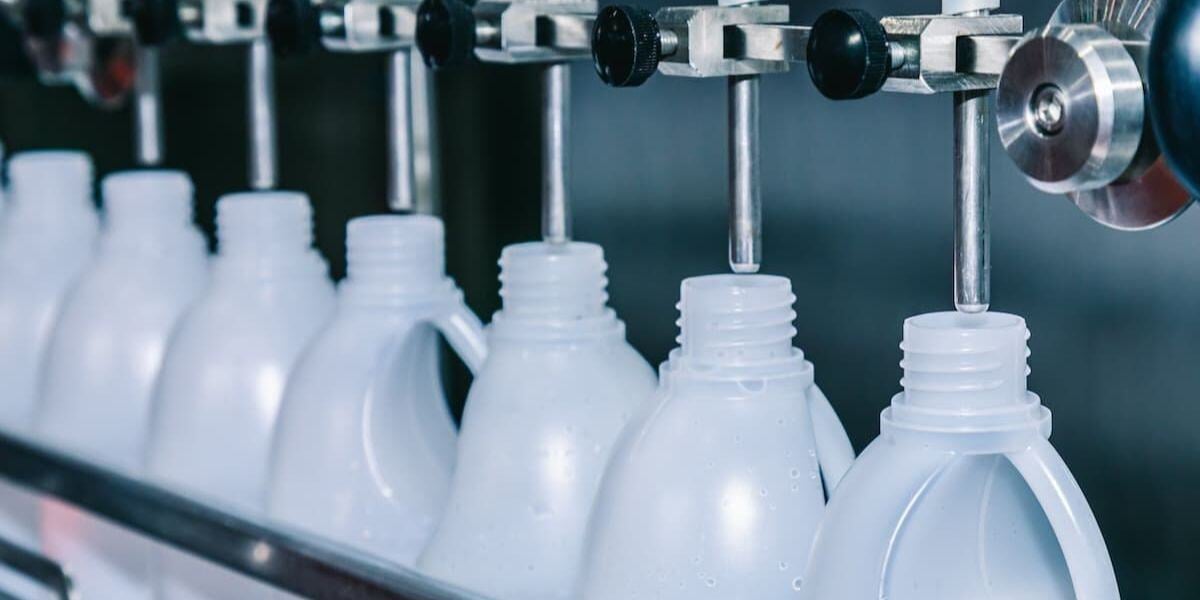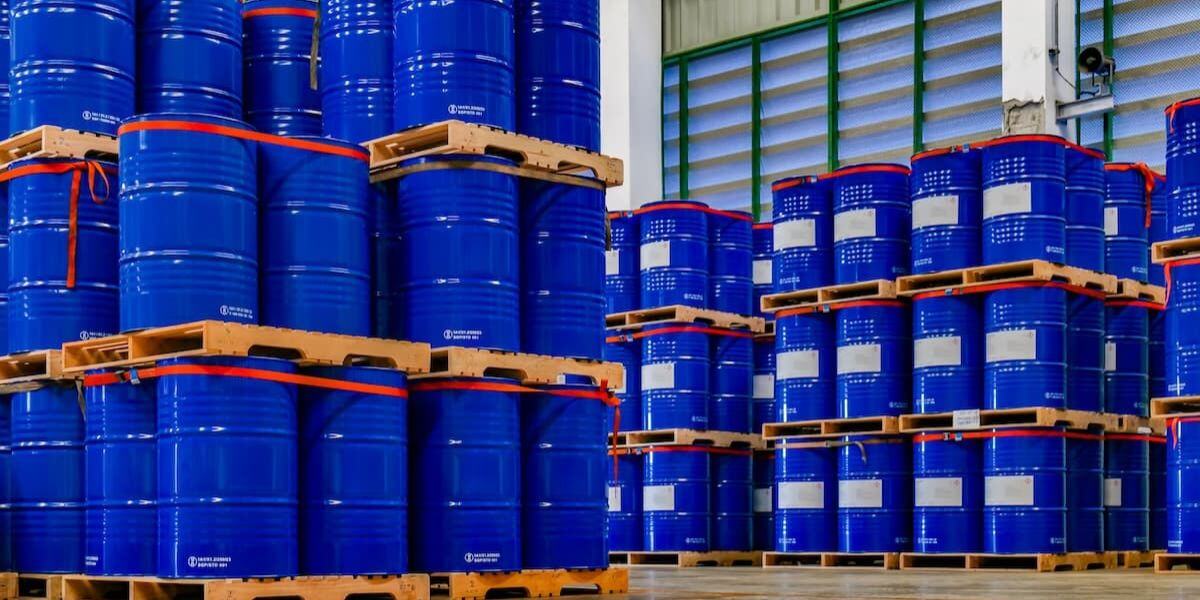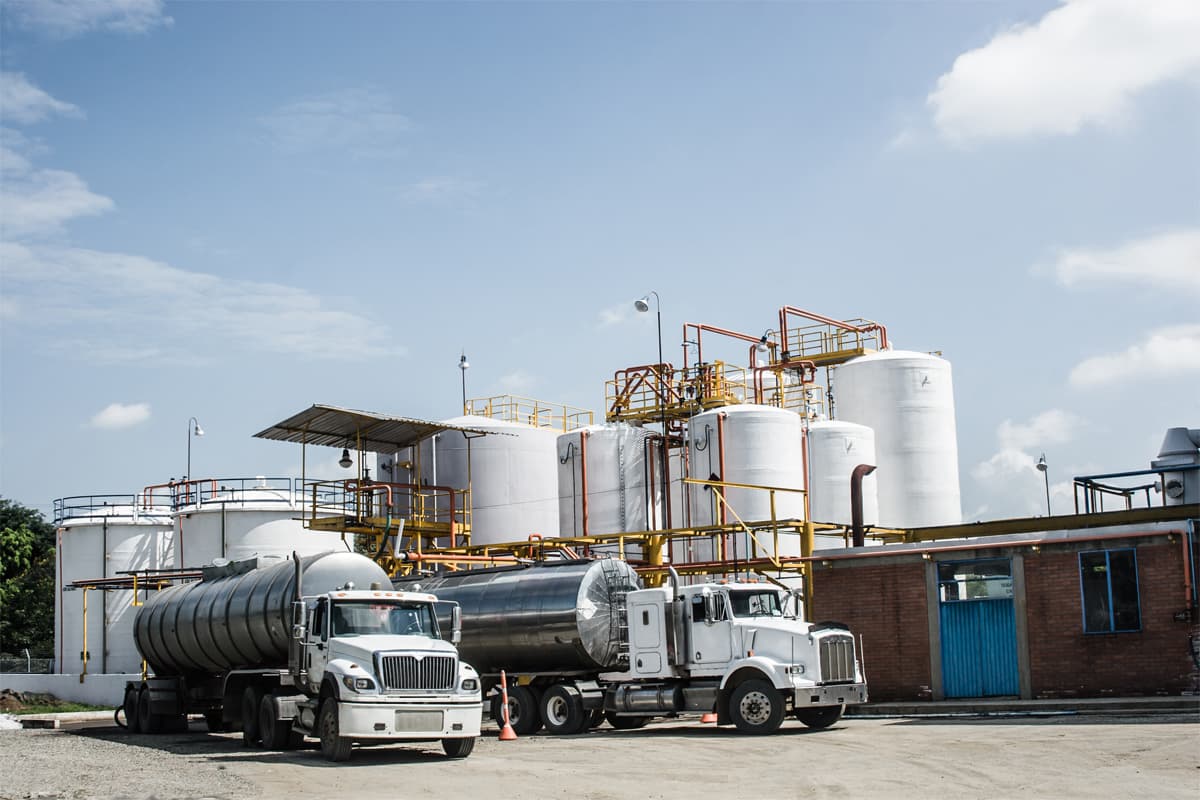
Efficiency and Precision: Mastering Clean-in-Place (CIP) Processes with Royal Chemical
Safety, cleanliness and hygiene are paramount in any chemical manufacturing and food, beverage and pharmaceutical processing operation. That’s why Clean-in-Place (CIP) processes have become the go-to method across many industries.
CIP cleans and sanitizes processing lines and other production equipment without requiring the labor-intensive tasks of disassembly and reassembly. The result is a more efficient operation with safe, clean, contaminant-free equipment that can deliver on the facility’s quality standards.
Ensuring Thorough Contaminant Removal
CIP is vital in both chemical manufacturing and the production of food, beverages and pharmaceuticals for a variety of reasons.
Why CIP is important in chemical manufacturing:
- Cost Savings & Efficiency: Traditional manual cleaning processes are time-consuming and expensive. CIP prevents the need for production equipment to be disassembled and reassembled to be cleaned, improving manufacturing efficiency, driving down costs and reducing the potential for human error.
- Quality Assurance: In chemical production, even a trace of contamination can compromise the purity of the manufacturer’s final product. CIP ensures thorough contaminant removal and prevents cross-contamination between different batches or product lines within an operation.
- Safety & Compliance: By thoroughly sanitizing equipment, CIP minimizes the chance of cross-contamination and the potential for unpredictable chemical reactions caused by residue left in equipment from prior production runs. It also helps companies maintain good equipment hygiene, ensuring they comply with specific government regulations and industry safety standards.
Royal Chemical advantage: Royal Chemical does a significant volume of business in the commodities for chemical manufacturing CIP. These circumstances allow us to realize cost savings and pass those along to our customers to help them stay competitive.
Why CIP is important in food, beverage and pharmaceutical processing:
- Safety & Standards: CIP removes contaminants that could lead to foodborne illnesses or cause allergic reactions in consumers, such as bacteria, pathogens and allergens. It also makes it easier for processors to adhere to the industry’s specific hygienic standards and safety regulations.
- Quality Assurance: CIP processes eliminate challenging residues, flavors and odors from prior production runs and batches to maintain product quality and the consistency food, beverage and pharmaceutical clients require.
- Productivity: CIP allows food and beverage manufacturers to increase their uptime, and ultimately save money, by avoiding the need for disassembly and reassembly.
Royal Chemical advantage: To support food and beverage processors’ CIP timing requirements, all five Royal Chemical locations maintain an inventory of the primary raw materials for CIP. These include caustic, nitric acid, phosphoric acid and sodium hydroxide.
Clean-in-Place systems allow chemical manufacturers and food processors to level up their operations by helping them increase efficiencies, improve quality and adhere to safety standards.
Industry Partnerships in CIP
Royal Chemical prides itself on being a strong industry partner in CIP systems. Our specialized solutions and protocols ensure efficient, thorough, repeatable cleaning processes for our clients in various chemical manufacturing and food and beverage processing applications.
Our specialty chemical manufacturing capabilities include:
- Liquid Blending. We have 60 liquid mixers, eight liquid bottling lines and mixers for various compositions. We’re also capable of handling difficult-to-blend materials.
- Powder Blending. We have paddle and ribbon blenders to produce capacities from 500-7,000 pounds per batch. We have blenders with spray bars to enable liquid additions and support. Our powder blending site in Macedonia, Ohio, is ISO 9001:2015 certified, EPA registered and NSF certified. We’re also capable of meeting kosher and halal standards.
- Packaging. Our packaging capacities range from 2.5-5,000 gallons, and our bottling lines can efficiently fill 8-ounce to 2.5-gallon bottles, as well as powder jar-filling and powder pack lines. We can transload materials from a bulk container, such as a tank truck, and repackage them to meet your needs.
Our extensive list of advanced cleaning agents and equipment for CIP includes acid cleaners, alkaline detergents and bleaches. In addition, Royal Chemical can ship in multi-compartment tank trucks and totes to accommodate each cycle – an everyday value-added process for CIP clients.
At Royal Chemical, we understand we play a pivotal role as a partner in our customers’ manufacturing processes and optimizing their CIP systems is just one example of the exceptional service we provide. If you’re looking to prioritize cleanliness and hygiene in your chemical manufacturing or food, beverage and pharmaceutical production environments, talk to a Royal Chemical expert today. We have the expertise and capability to plan for and support your needs, including CIP, production, distribution and more.
Talk to an Expert
Streamline Your Chemical Manufacturing Process
Royal Chemical’s expertise in blending, packaging and shipping can save you time, reduce costs and deliver consistent results.















